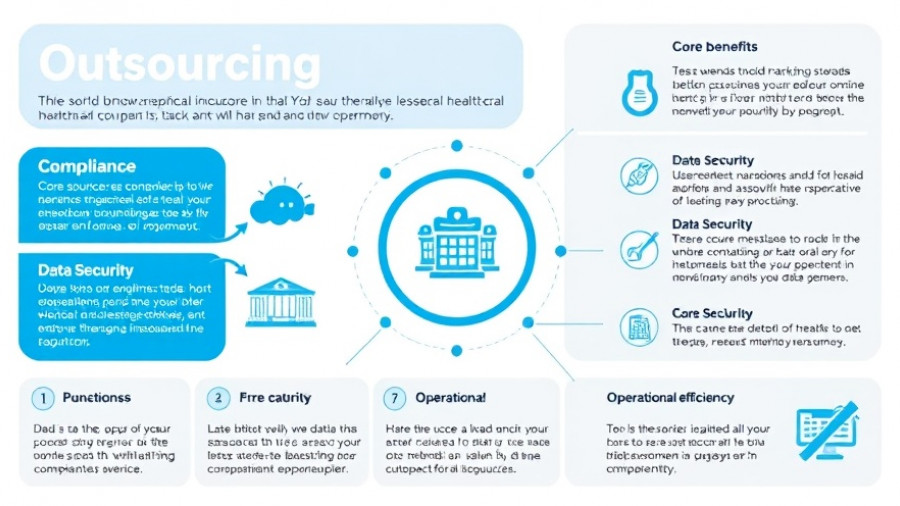
Unlocking the Benefits of Outsourcing Back Office Operations
In today’s fast-paced business landscape, where efficiency and innovation are paramount, outsourcing back office operations has emerged as a strategic choice for companies. Business owners and professionals increasingly recognize that leveraging outsourcing can lead to substantial benefits, including cost savings, improved focus on core activities, and access to specialized skills. This article delves deep into how outsourcing back office operations can transform a business and enhance its overall performance.
Cost Efficiency: The Bottom Line Advantage
One of the most compelling reasons organizations consider outsourcing is the significant cost savings. By outsourcing back office functions like data entry, payroll, and customer service, businesses can reduce labor costs and operational expenses. A study by Magellan Solutions highlights how companies can save between 20% to 50% on overhead expenses when shifting these tasks to specialized service providers.
Focus on Core Competencies: Driving Business Growth
When businesses divert too many resources to back office functions, it often detracts from their core operations. Outsourcing these tasks allows organizations to concentrate on strategic activities that drive growth and innovation. For example, a marketing firm can allocate more time to developing creative campaigns rather than bogging down its employees with administrative tasks. Allowing professionals to focus on areas where they add the most value is essential for sustainable growth.
Access to Expertise: Enhancing Operational Quality
Outsourcing not only pacifies the burden of mundane tasks but also opens avenues for accessing top-tier talent without incurring the full costs of hiring. This is particularly true in terms of analytics and data reporting, where specialized skills are crucial for informed decision-making. With the rise of complex digital marketing strategies, including SEO updates and social media trends, expertise from outsourcing firms can directly impact a company’s performance.
Scalability and Flexibility: Adapting to Market Changes
Another significant advantage of outsourcing is the ability to scale operations effectively. As markets evolve or during peak seasons, businesses can adjust their outsourcing contracts to fit their needs without the lengthy hiring process associated with in-house staffing. This flexibility is crucial for businesses that must adapt quickly to new market conditions or customer demands.
Mitigating Risk: Enhancing Compliance and Security
Outsourcing can help mitigate risks inherent in maintaining back office tasks in-house, particularly regarding compliance and data security measures. Emphasizing frameworks for GDPR compliance and robust data protection protocols through third-party providers can reduce liability and enhance overall operational integrity.
Practical Steps for Effective Outsourcing
While the benefits of outsourcing back office operations are clear, successful implementation requires strategic planning. Here are a few steps companies should follow:
- Define Objectives: Determine what tasks to outsource by aligning them with business goals.
- Choose the Right Partner: Select outsourcing firms with the required expertise and a proven track record. Consider evaluating them based on their technological capabilities and adherence to best practices in data management.
- Establish Clear Communication: Develop protocols for regular communication to oversee performance and address any issues swiftly.
The Future of Outsourcing and Digital Marketing
As automation and AI continue to reshape business strategies, outsourcing will become ever more integral to managing back office functions effectively. The integration of digital marketing tools and analytics capabilities will provide businesses with insights that were previously unattainable without extensive in-house resources.
In conclusion, outsourcing back office operations is no longer a trend but a necessary strategy for thriving in competitive markets. The tangible benefits—from cost savings and improved focus to scalability and risk management—make it an appealing option for many businesses. As you contemplate your operational strategy, consider how outsourcing can empower your organization to achieve its goals more efficiently.
 Add Row
Add Row  Add
Add 




Write A Comment